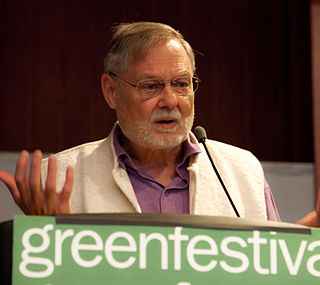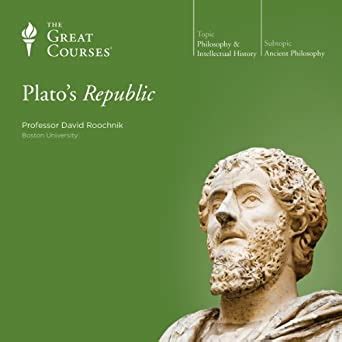A Quote by Tom Ford
We live in a material world. I'm not saying that beautiful things don't enhance our lives. But, in our culture, we're never happy.
Related Quotes
I was lucky enough to have had great success early on in life; to have had all the things the material world can offer. And yet, I realized that what I had actually neglected was the more spiritual side of myself, which has always been there. But it's easy for us in our culture to become consumed in a sense by materialism. Now materialism is fine. We live in a material world. I'm not saying that beautiful things don't enhance our lives. But, in our culture, we're never happy.
We know that material things don't offer contentment, but we still buy more-more of the props and gadgets our culture tells us we must have in order to be happy and "happening." Our addiction to consumption distracts us from seeing that we are disconnected from ourselves, from our truth and from one another. Any euphoria we gain from our material gains is fleeting at best.
As long as we continue to think we will be happy in the future, we will never be happy in the moment, and that is the same as saying that we will never be happy. If we think that our lives will be better when we get that better job or retire, stay or go, gain or lose weight, or when our children grow and leave or come back, we are putting off the happiness that there is in today.
To live more simply is to unburden our lives - to live more lightly, cleanly, aerodynamically. It is to establish a more direct, unpretentious and unencumbered relationship with all aspects of our lives: the things that we consume, the work that we do, our relationships with others, our connections with nature and the cosmos, and more.
The call of Christ is to deny ourselves and to let go of our lives. To relinquish control of our lives, to surrender everything we are, everything that we do, our direction our safety our security is no longer found in the things of this world. It is found in Christ. And that is great risk when it comes to the things of this world.
The dialectical or ecological approach asserts that creating the world is involved in our every act. It is impossible for us to operate in our daily lives and not create the world that everyone must live in. What we desire arranges the genetic code in all of our major crops and livestock. We cannot avoid participating in the creation, and it is in agriculture, far and away our largest and most basic artifact, that human culture and the creation totally interpenetrate.
I really feel concerned about young people within our present culture. Our present culture, we have to change. Change is inevitable and I wasn't raised in our present culture but it has great pressure that as a young person I never had. Material pressure, social pressure, visual pressure, how you look, and I just try to appeal to young people to think for themselves, to be their own person, and to ask questions and also be very attentive to our planet and our environment.







































